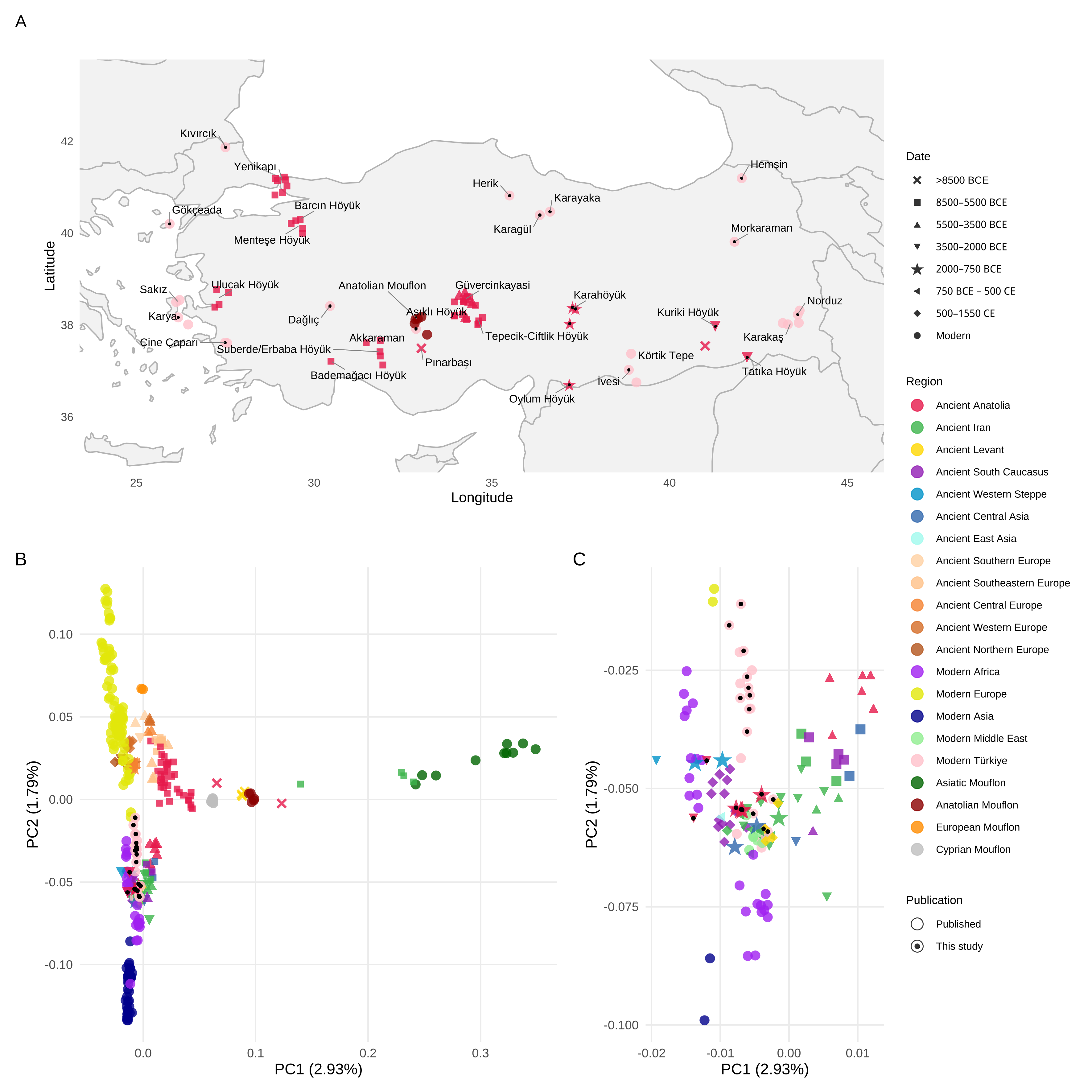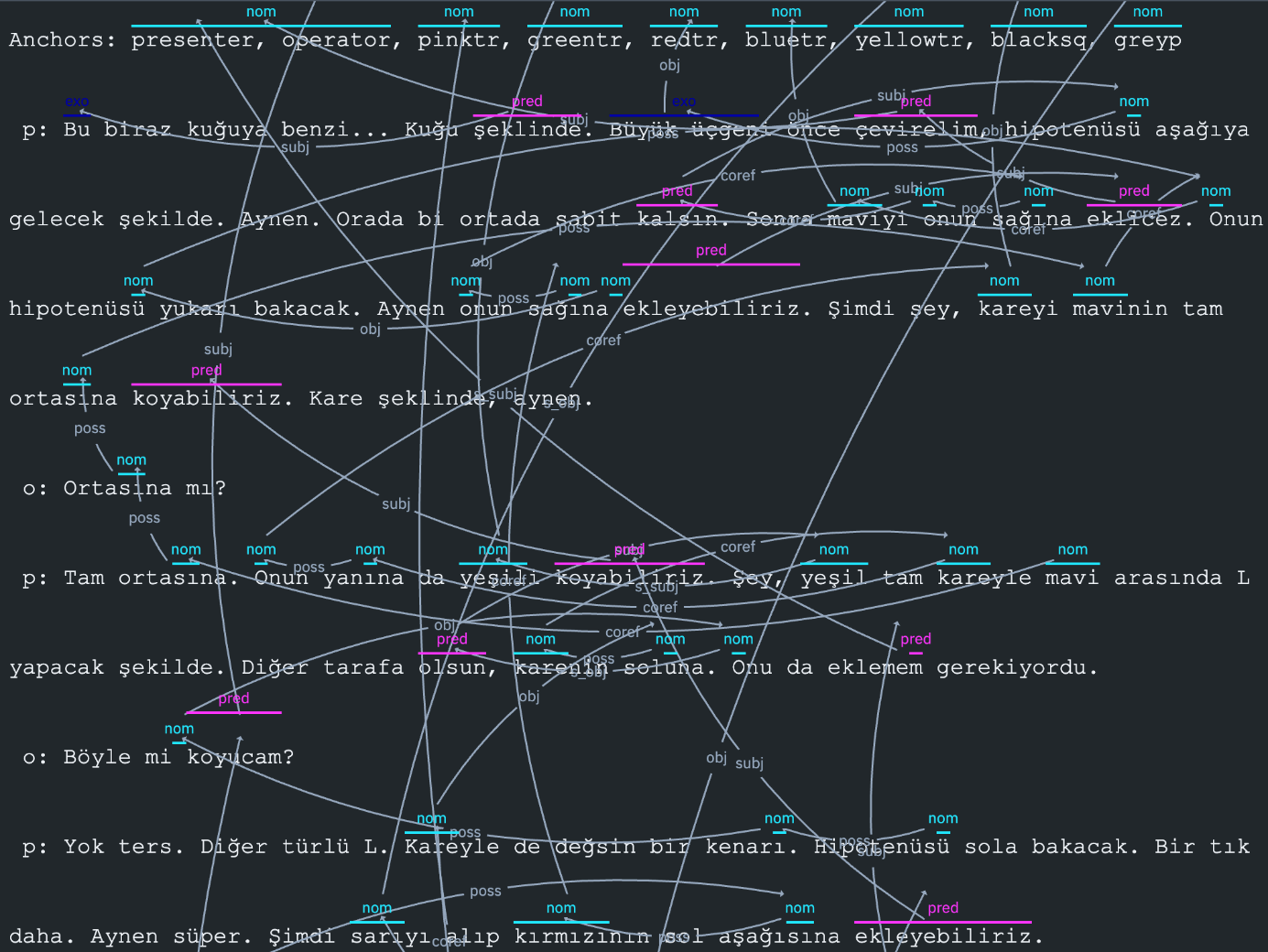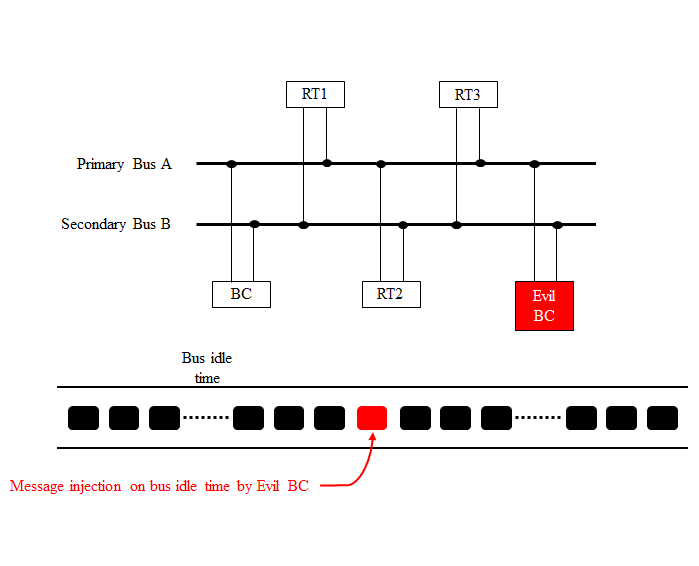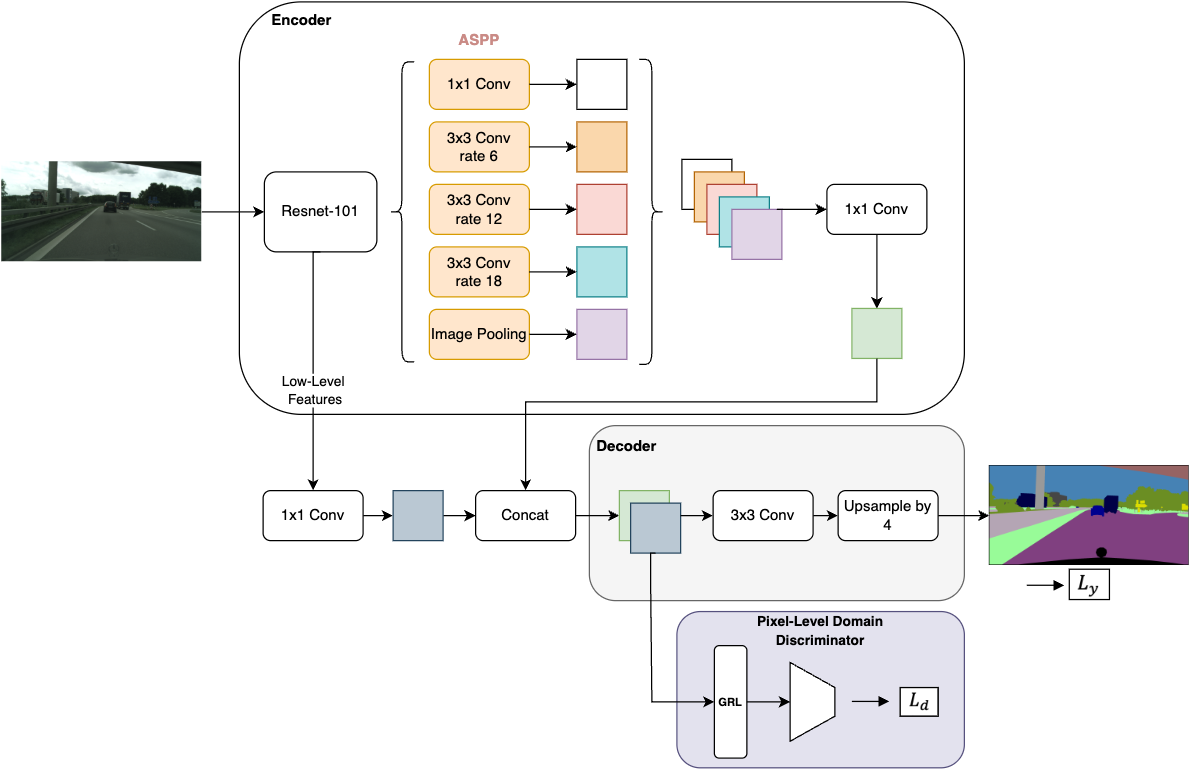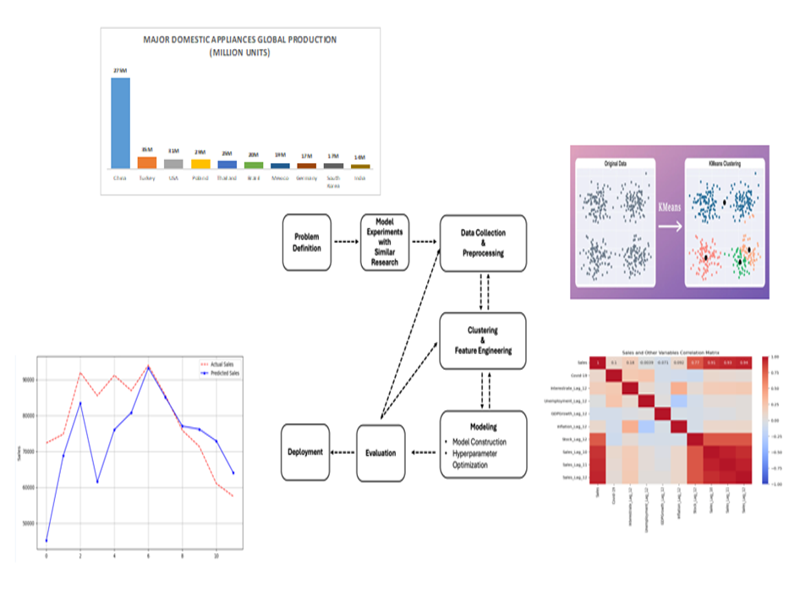* Cognitive Science Ph.D. Program: It will be held in person on June 10, 2025, in room II-06 of the Informatics Institute. (Interview times have been sent to the candidates' email addresses.)
* Cognitive Science Non-Thesis Master Program: Evaluations will be done based on the application files, and there will be no interviews.
* The interview for the Master's Programme in Data Informatics Department will be conducted online and is scheduled for June 12, 2025. Shortlisted candidates interview information have been sent to the candidates' email addresses. We strongly encourage all applicants to regularly check the department's admission webpage, the main departmental website, and both their inbox and spam folders for updates.
* Medical Informatics Non-Thesis Master Program and Ph.D. Program: It will be held in person on June 02, 2025, in room II-06 of the Informatics Institute. (Interview times have been sent to the candidates' email addresses.)
* Bioinformatics Master Program: It will be held in person on June 02, 2025, in room II-06 of the Informatics Institute. (Interview times have been sent to the candidates' email addresses.)
* Information Systems Master’s with Thesis and Without Thesis Programmes: The interviews will be held online on June 3, 2025. If there are any changes to the interview dates, candidates will be informed via email. Please check your emails regularly.(Interview information have been sent to the candidates' email addresses.)
* Information Systems Doctorate Programme: The interviews will be held online on June 2, 2025. If there are any changes to the interview dates, candidates will be informed via email. Please check your emails regularly. (Interview information have been sent to the candidates' email addresses.)
* Multimedia Informatics Master with Thesis and Ph.D. Programmes: It will be held in person on June 11, 2025, in room II-06 of the Informatics Institute. (Interview times have been sent to the candidates' email addresses.)
* Cyber Security Non-Thesis Master Program: Evaluations will be done based on the application files, and there will be no interviews.
* Cyber Security Master Program: The interviews will be held online on June 4, 2025. (Interview times have been sent to the candidates' email addresses.)
